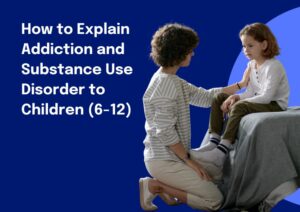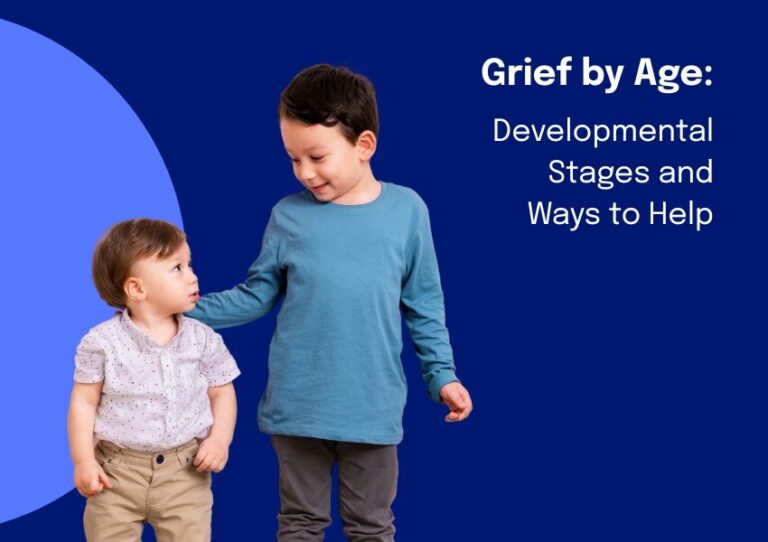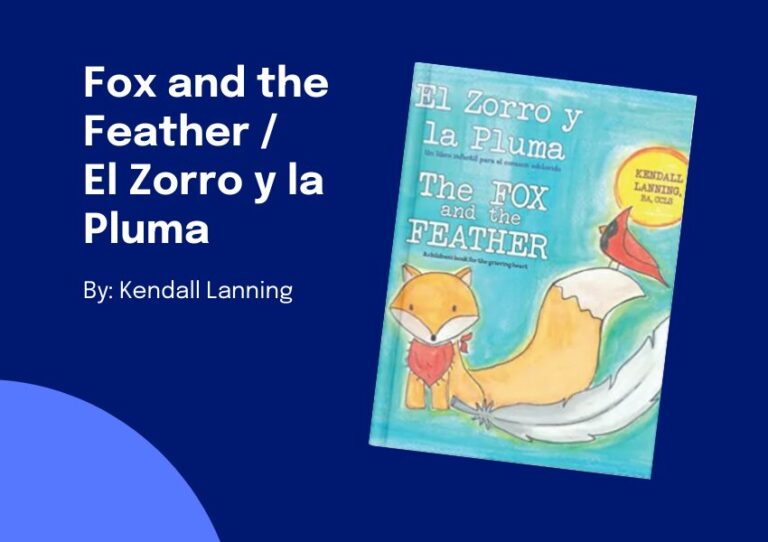How to Explain Addiction and Substance Use Disorder to Children (6-12)
 When your family is impacted by the addiction of a loved one, it can be hard to explain it to children. There will be questions that are tricky to answer. This list of tips will help you navigate this conversation and will provide answers kids need to understand that it’s not their fault.
When your family is impacted by the addiction of a loved one, it can be hard to explain it to children. There will be questions that are tricky to answer. This list of tips will help you navigate this conversation and will provide answers kids need to understand that it’s not their fault.
- Substance use disorder is also sometimes called addiction. Using the term ‘substance use disorder’ emphasizes the fact that addiction is a treatable disease or medical condition and not a life decision made by the individual.
- Substance use disorder is a disease that affects the brain. It can happen when someone drinks alcohol too much or takes drugs. This disease fools the brain into thinking that the body needs drugs/alcohol to survive. How to teach kids about the brain The Highjacker (for older kids)
- Kids don’t cause adults to drink too much alcohol or use drugs.
- Using drugs/drinking alcohol starts off feeling extremely good to the person and their brain starts to think that it is the most important thing to do. This video can help explain or try What is addiction?
- The disease makes the body and brain need more and more drugs/alcohol to feel satisfied and happy. It can feel like they need it to get through the day. Sometimes people can get sick if they don’t drink or take drugs.
- Substance Use Disorder can often change their behavior and personality. They may have trouble taking care of themselves and others. Common changes in behavior and personality include:
- using drugs or alcohol to deal with or escape from problems
- relying on drugs or alcohol to relax
- when someone seems to ‘drop out’ of life; not hanging out with family and friends and/or loses interest in something that used to be fun or interesting
- getting behind or avoiding school or work
- not being home a lot, not around to help with homework, not taking care of feeding the family
- being very moody and behaving in ways which are unlike their usual behavior, getting upset, anxious or really sad.
- changes in sleeping and eating (either too much, too little, or at ‘different’ times)
- Substance use disorder can be harmful to the person’s life. They can sometimes lose their job, lose friendships and lose connection to family. Sometimes they hurt the people they love the most. Read Timbi Talks about Addiction
- Substance use disorder can be treated and this is often called Recovery. There are different recovery plans and medications to help people live with a substance use disorder. Recovery is a decision the person has to make for themselves, no one else can make it for them.
- Substance use disorder is much more dangerous for young people because their brains are still developing. The brain doesn’t fully develop until age 25. The longer you wait to try drugs or alcohol for the first time, the less likely you are to develop a substance use disorder. (Youth Movement | Empowering Healthy Decisions | Wait 21)
- Lots of people take medicine when they are sick. There is a difference between medicine and drugs: medicine is prescribed and managed by doctors to help people get better when they are sick. Doctors are strict about how much medicine to give you to stay safe, it’s important to follow the prescription directions. Sometimes, when people don’t follow the directions, and take too much medicine, it can lead to a substance use disorder.
- There are many ways to protect your brain from substance use disorder
- building strong relationships with friends and family who make you feel safe and understood
- finding a trusted adult (mentor, teacher, coach, etc.): someone who cares and listens
- setting short and long-term goals for yourself
- getting involved in activities and hobbies like sports, drama, art, etc.
- make healthy choices (link to Seven Cs)
- delaying first use of alcohol or drugs until you are older


